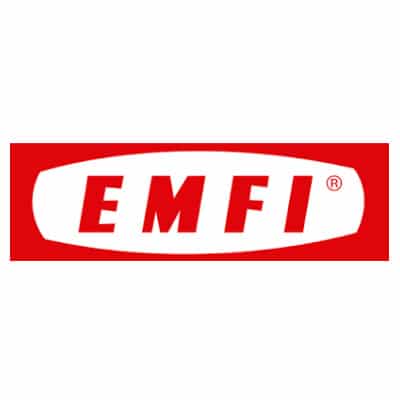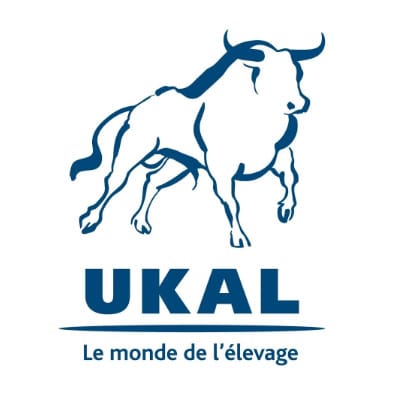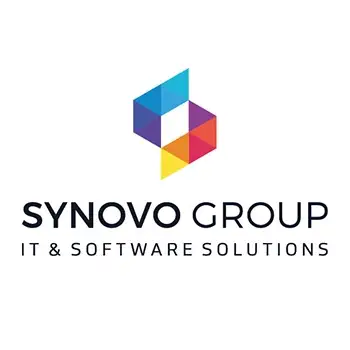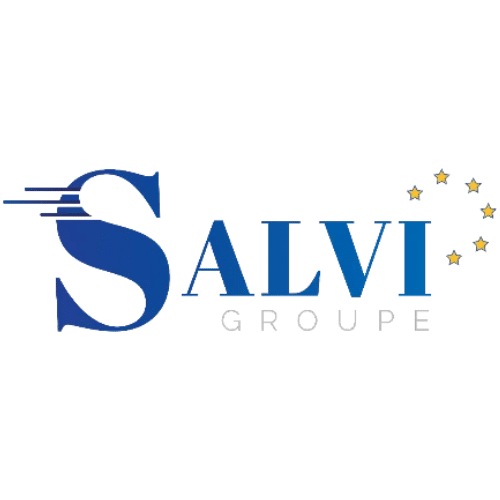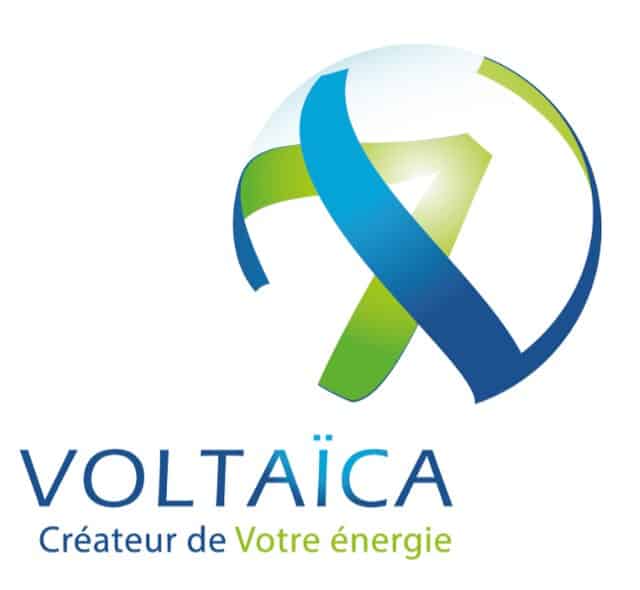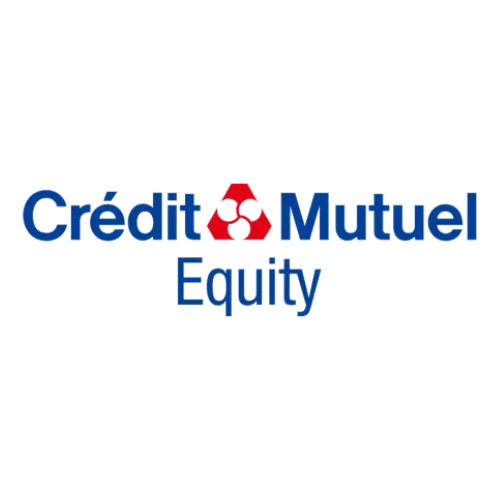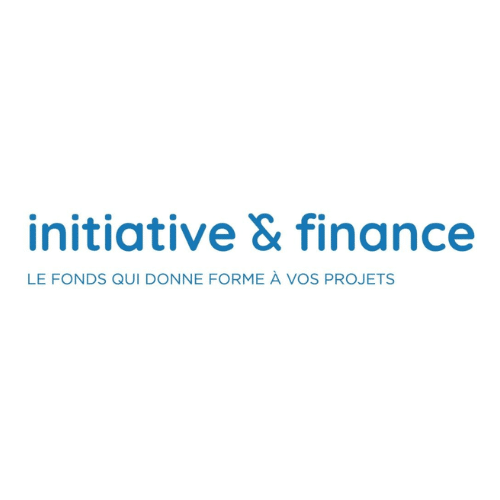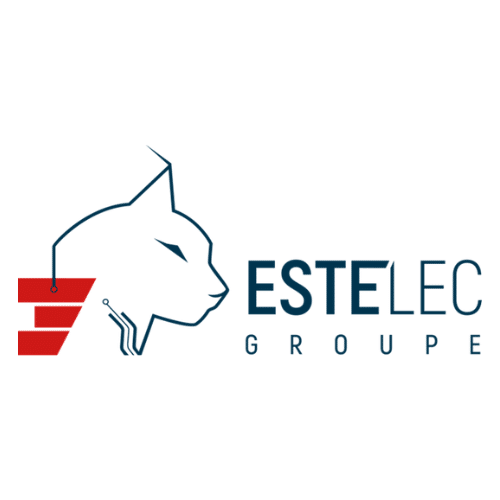What is fundraising ?
Do you have a development project for your business? Does your activity need recapitalization? Do you want to secure your initial investment ?
But bank financing is not suitable…
CAIRUS helps you raise funds from investors to meet your fresh capital needs. We highlight the opportunities your project will offer to investors by preparing and writing various documents to reassure them and make them want to follow you. We also explore the possibility of obtaining a loan to increase your investment capacity and reassure investors about their participation in your fundraising.
Steps to a Successful Fundraising
1 – identification of Needs and Planning
2 – Appointment of Advisory by Mission Letter
By entrusting your fundraising to CAIRUS, you benefit not only from our expertise but also from our entire contact base that might participate in your project. We act like conductors to carry out your procedure from start to finish flawlessly.
3 – Identification of Potential Stakeholders
4 – Reception of offers, Selection and Negotiation
5 – Drafting of the Letter of Intent
6 – Final Offer and Signing
FAQ
Fundraising : What are the prerequisites ?
1. A solid business model: Investors look for companies with a solid and viable business model. You need to demonstrate that your business can generate revenue, achieve profitability, and grow in the long term.
2. A convincing business plan: A detailed business plan is essential to present your vision, strategy, target market, competitive advantages, and financial projections. It must be well-structured, based on solid data, and compelling for investors.
3. A clear competitive advantage: You need to demonstrate a strong competitive advantage that sets your business apart in the market. This could be a patented technology, intellectual property, key relationships, unique expertise, or any other factor that gives you an edge over your competitors.
4. A significant addressable market: Investors look for companies with a significant addressable market and sustained demand for their products or services. You need to show that your market is large and growing enough to justify the investment.
5. Proof of traction: Investors appreciate evidence of traction, such as existing revenue, a solid customer base, strategic partnerships, or promising growth indicators. The more you can show that your business is already on the right track, the more attractive you will be to investors.
6. A clear exit strategy: Investors are interested in how they will realize a return on their investment. You need to have a clear exit strategy, whether it’s through an IPO, a sale to a larger company, or any other potential exit method.
7. A compelling pitch: You must be able to present your business concisely and compellingly to investors. You need to be able to explain your value proposition, competitive advantages, and growth opportunities clearly and engagingly.
It’s important to note that prerequisites may vary depending on the type of financing sought (venture capital, crowdfunding, bank loan, etc.) and the specifics of your industry. It is recommended to seek advice from fundraising experts, such as investors, investment advisors, or corporate finance professionals, to help prepare your business and maximize your chances of success in fundraising.
When to Fundraise ?
Various situations can trigger the need for fundraising :
1. Launching a new business : If you are starting a new business, you might consider fundraising to finance initial costs such as product development, marketing expenses, hiring a team, and operational expenditures.
2. Expansion and growth : If your business has reached a certain level of success and you wish to expand it, fundraising can provide the necessary resources to finance growth. This may include entering new markets, increasing production, geographic expansion, or acquiring new businesses.
3. Product development and innovation : If you have plans to develop new products or innovative technologies, fundraising can assist in financing the costs of research and development, clinical trials, patents, and the commercialization of innovations.
4. Capital needs for seizing opportunities : Sometimes, strategic opportunities arise, such as acquiring a competitor, signing large-scale contracts, or undertaking capital-intensive projects. In such cases, fundraising may be necessary to mobilize the required financial resources.
5. Business restructuring : If your business is going through a challenging period and requires financial restructuring to recover, fundraising can provide the necessary liquidity to pay off debts, restructure operations, or make strategic changes.
6. Accelerating growth : If your business is already growing but you wish to accelerate this process, fundraising could be considered to invest in marketing, sales, team expansion, and growth initiatives to achieve objectives more quickly.
It is important to note that the decision to fundraise should be carefully evaluated, considering the long-term implications. It is recommended to analyze your company’s financial health, assess alternative financing options, consult fundraising experts, and consider market conditions before deciding if fundraising is the best course of action for your business.
What are the different types of investments ?
1. Business angels : These are wealthy individuals who invest their own capital in startups or early-stage companies. They often provide not only funds but also their expertise, networks, and advice to entrepreneurs.
2. Venture capital firms: Venture capital (VC) firms are investment funds that invest in startups and companies with high growth potential. They invest significant amounts in exchange for equity in the company and also bring their expertise and resources to support the company’s growth.
3. Private equity funds: Private equity (PE) funds invest in more mature and often larger companies. They provide substantial financing for acquisitions, restructuring, expansions, or buy-out operations.
4. Family offices: Family offices are private investment structures created to manage the financial assets of a wealthy family. They can invest in a variety of companies, including startups and growing businesses.
5. Crowdfunding platforms: Crowdfunding platforms allow a large number of individual investors to contribute small amounts of money. This type of financing is often used for creative projects, startups, or social enterprises.
6. Incubators and accelerators: Incubators and accelerators typically offer initial funding, as well as resources, advice, and operational support to startups and early-stage companies.
It’s important to note that each type of investor has its own investment criteria, sector preferences, and expectations in terms of return on investment. It is recommended to understand the specific characteristics and requirements of each type of investor before seeking financing and to ensure that it matches the needs of your business.
Opportunities Turned Into Success
CAIRUS: Creating Opportunities
9, Rue de Condé
33000 BORDEAUX
bordeaux@cairus.com
2, Rue Albert Rolland
29200 BREST
brest@cairus.com
15, Boulevard de Brosses
21000 DIJON
dijon@cairus.com
GRENOBLE
60, rue des Sources
38920 CROLLES
grenoble@cairus.com
ZAC Ribay Pavillon
1, Impasse Jane Poupelet
72000 LE MANS
lemans@cairus.com
165, Avenue de la Marne
59700 MARCQ-EN-BAROEUL
lille@cairus.com
LYON
132, Rue Bossuet
69006 LYON
lyon@cairus.com
469, Avenue du Prado
13008 MARSEILLE
marseille@cairus.com
26, Avenue Foch
57000 METZ
metz@cairus.com
49 Cours Léopold
54000 Nancy
nancy@cairus.com
4, Rue Edith Piaf (Imm. Asturia C)
44800 SAINT-HERBLAIN
nantes@cairus.com
470, Promenade des Anglais
06000 NICE
nice@cairus.com
32, Rue Etienne Marcel
75002 PARIS
paris@cairus.com
6, Rue Edouard Mignot
51100 REIMS
reims@cairus.com
ROUEN
107, Allée François Mitterrand
Hall A
76100 ROUEN
rouen@cairus.com
11, Avenue de l'Europe
67300 SCHILTIGHEIM
strasbourg@cairus.com

